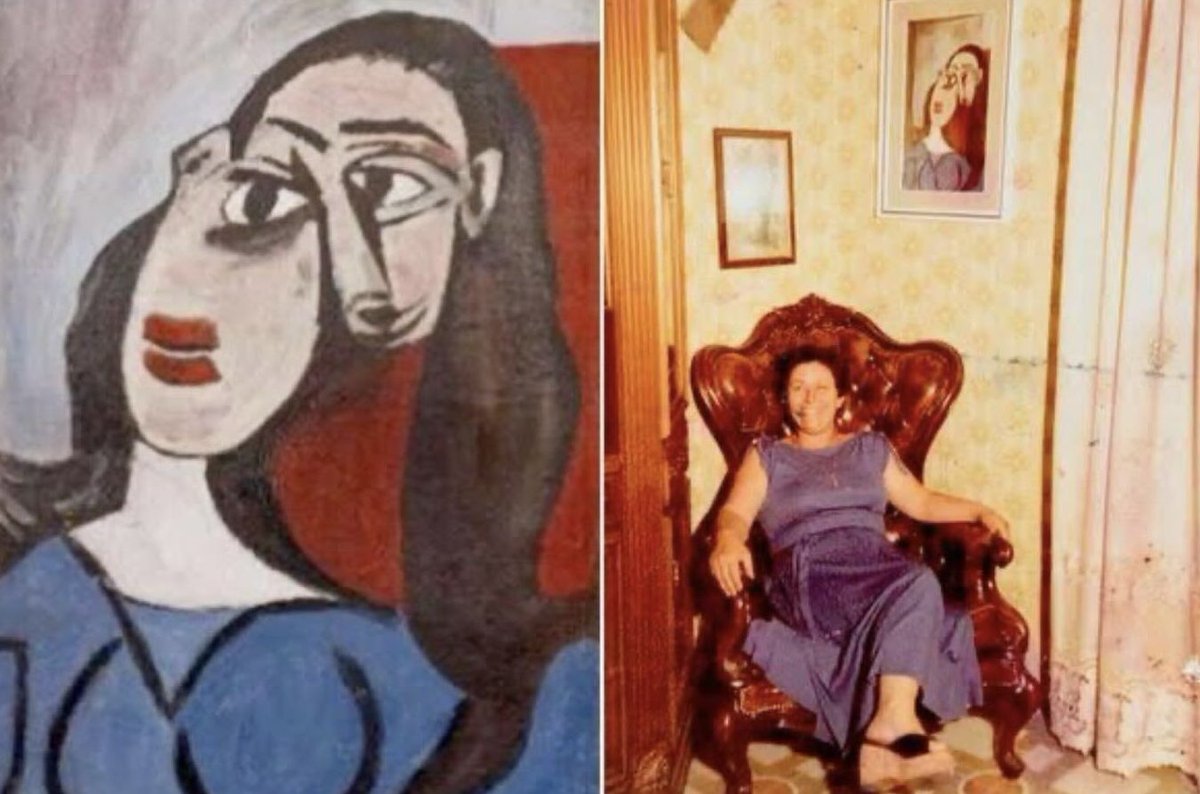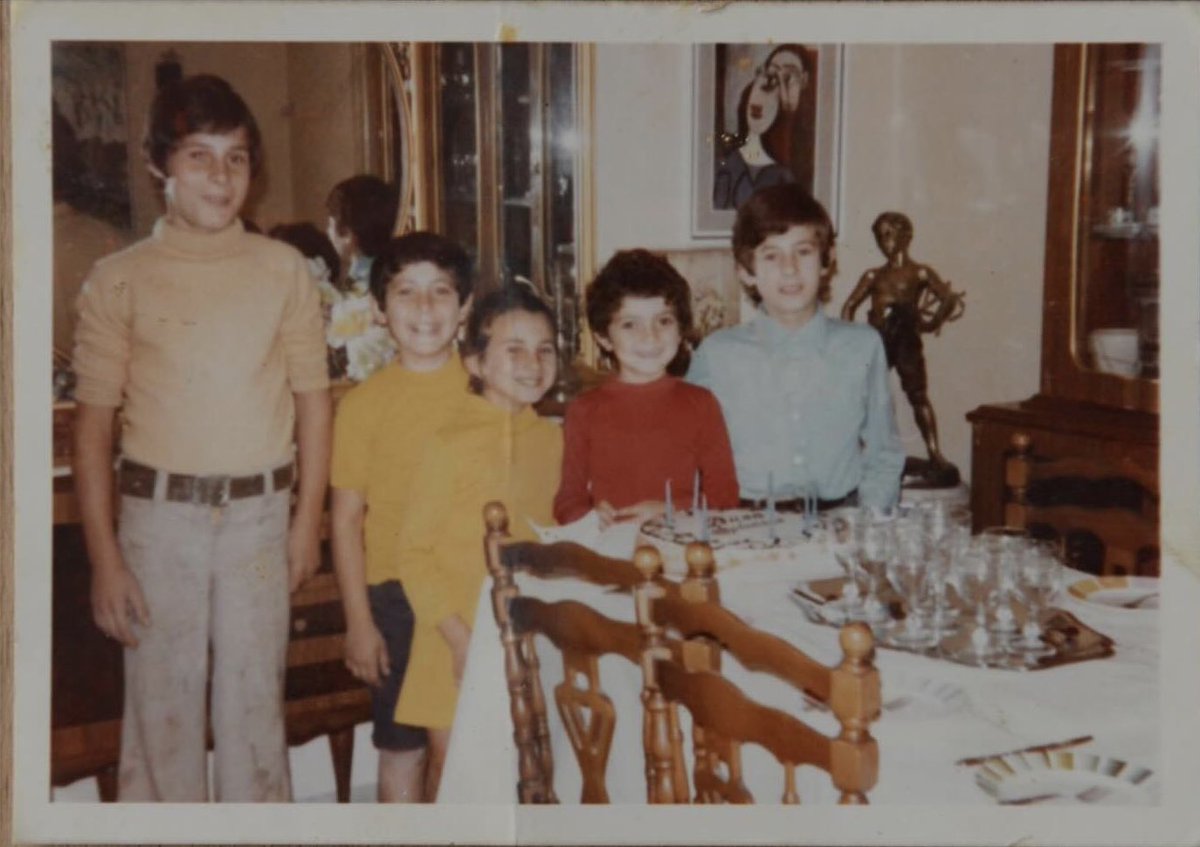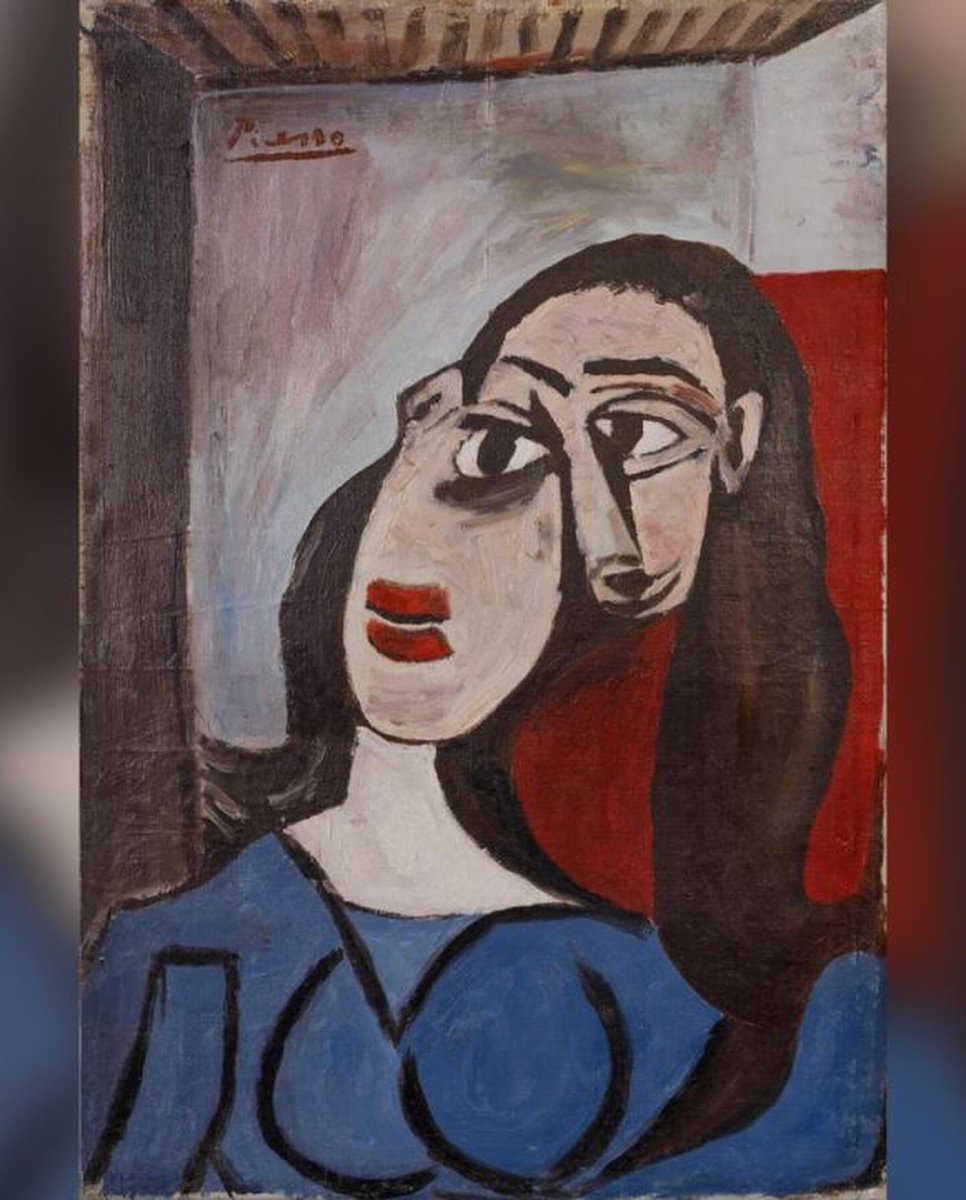Historic Vids on Nostr: In 1962, an Italian junk dealer named Luigi Lo Rosso was rummaging through the ...
In 1962, an Italian junk dealer named Luigi Lo Rosso was rummaging through the basement of a villa on Capri Island. His aim was to find items for his family's pawn shop in Pompeii. Among the debris, he discovered a dirty, old painting. Deeming it worthless for resale, he decided against taking it to the shop and brought it home instead. There, his wife cleaned it with detergent, although she found the artwork distasteful, dubbing it "the scribble." Despite her aversion, the painting adorned their home for many years.
Fast forward to the 1980s, Luigi's son Andrea, while studying art history, stumbled upon information about Picasso's works. This sparked a suspicion that "the scribble" might be a lost Picasso. Andrea tried several times to convince his parents of his theory, but his attempts were in vain as his father was unaware of Picasso's significance.
Years later, after persistent investigation, Andrea's hunch was confirmed. The painting was indeed a genuine Picasso, created in the 1930s, portraying his muse and lover, Dora Maar. Now, this once-discarded artwork has been appraised at an astonishing $6.6 million.


Fast forward to the 1980s, Luigi's son Andrea, while studying art history, stumbled upon information about Picasso's works. This sparked a suspicion that "the scribble" might be a lost Picasso. Andrea tried several times to convince his parents of his theory, but his attempts were in vain as his father was unaware of Picasso's significance.
Years later, after persistent investigation, Andrea's hunch was confirmed. The painting was indeed a genuine Picasso, created in the 1930s, portraying his muse and lover, Dora Maar. Now, this once-discarded artwork has been appraised at an astonishing $6.6 million.



